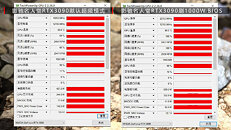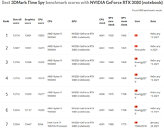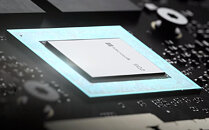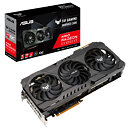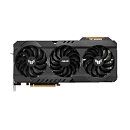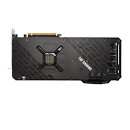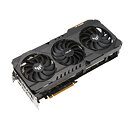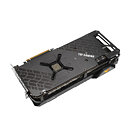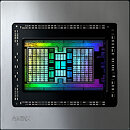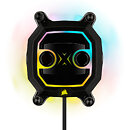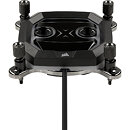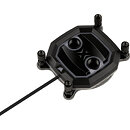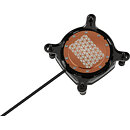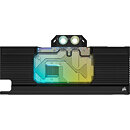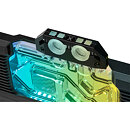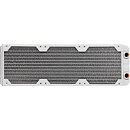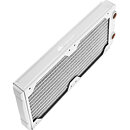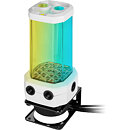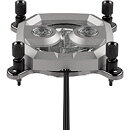
For Your Ears Only: Introducing UE DROPS, The First Truly Wireless, Custom-Molded Earbuds With Statement Style
Ultimate Ears (UE), a brand of Logitech, today announced UE DROPS, the first truly custom wireless earbuds, handcrafted to be as unique as you are. UE DROPS combine Ultimate Ears' unrivaled, industry-level audio quality and fit with a stylish, innovative design to create a bold fashion statement, for your ears only. Available in three pearlescent colorways (Sapphire, Rose Quartz, and Onyx), UE DROPS offer a whole new way for people to upgrade their look, express their personal style and stand out from the crowd.
"Imagine if everyone wore the same glasses - it would be a sea of sameness. We're disrupting the earbuds industry in the same way. Now your personality - and your ears - can truly stand out," said Jonah Staw, general manager of Ultimate Ears. "With UE DROPS we've blended the best of both worlds - our audiophile quality sound in a visually stunning design that defies convention and enhances your personal style."
"Imagine if everyone wore the same glasses - it would be a sea of sameness. We're disrupting the earbuds industry in the same way. Now your personality - and your ears - can truly stand out," said Jonah Staw, general manager of Ultimate Ears. "With UE DROPS we've blended the best of both worlds - our audiophile quality sound in a visually stunning design that defies convention and enhances your personal style."































